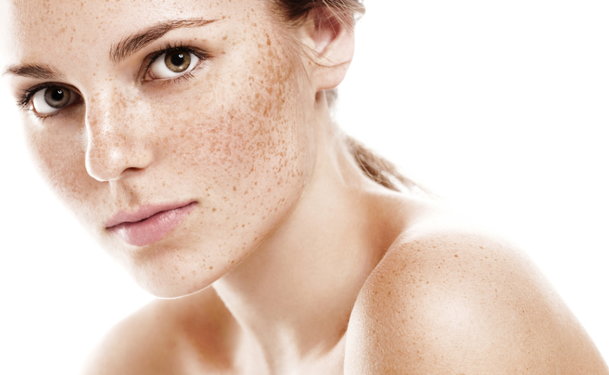Dry skin problems are among the most common medical conditions in the world. Symptoms of dry skin can affect any age group, race or other demographics. The top layer of skin (known as the stratum corneum) is normally supposed to have 10%-30% water content; anything less is considered dry skin. This top layer is only .10 mm thick, with a 1.5 mm layer of protection on the soles and palms. There are a number of things that can cause the skin to dry and become worse. Taking long, hot showers can strip the skin of much needed moisture.
Long Showers
When you take long showers, they may be relaxing, but you're stripping your skin of its natural oils which are hard to replace even with the best body wash, soap or moisturizer. Naturally occurring oils are the most essential for your skin and help to protect it against the elements which can further dry your skin. To avoid this, keep your showers short and to the point. Always use a moisturizing body wash or soap.
Hot Showers
Hot showers can affect your skin in much the same way as long showers only in a much shorter period of time. When you expose your skin to extreme heat, you're also stripping the natural oils. You are also enflamming the surface of your skin, which acts much like a sunburn or heat exposure. To avoid this, keep your water temperature at a moderate level. You can still enjoy your shower without the risk of scalding your skin.
Baths
Prolonged soaking in either a bath or hot tub can have the same effects of taking a long, hot shower. If you're going to jump in the bath or hot tub, keep the water at a moderate temperature and limit the time you spend in the water. If your skin is red, the water is too hot. If your skin is shrivled, you've been in too long. If you're using a public hot tub, you may not be able to adjust the water temperature, so it's important to limit your exposure to the water.
Angling the Shower Head
When you're shaving or lathering your hair and body, angle the shower head away from you to decrease the time your skin is exposed to the water. If you have a small shower, adjust the water pressure to limit the force of the water on your skin. If your shower head offers none of these options, look into replacing it with one that does.
While long, hot showers may be just the thing you want to wake you up in the morning or relax after a hard day, they can be brutal on your skin and cause more damage than good. Instead, keep your water at a moderate temperature, limit the length your skin is exposed to the water, pat dry and immediately apply moisturizer. This is the best way to combat dry skin and protect your skin from other causes of dry skin.



